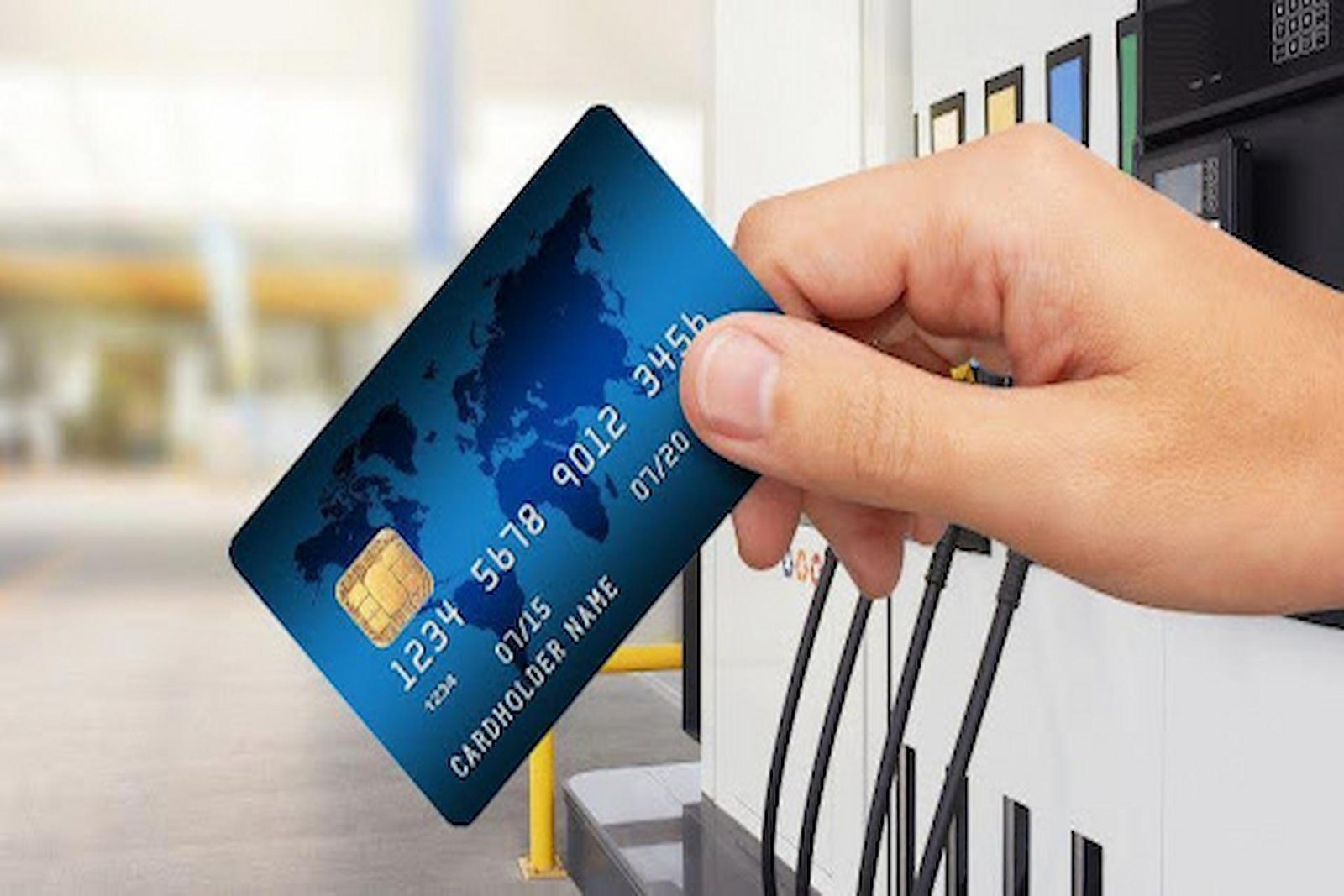A fuel card is much more than a convenient way to pay for fuel. It acts as a central system that gathers all fuel-related data into one easy-to-manage place. This gives businesses instant access to spending habits, mileage patterns, and cost trends. With this knowledge, they can make smarter choices, reduce waste, and build stronger budgeting strategies.
Managing fleet costs is a constant challenge for businesses of all sizes. Fuel sits at the heart of this complexity because it is both essential and unpredictable. When prices rise, budgets stretch. When drivers take different routes, fuel usage shifts. Even small changes can produce significant cost swings over a year. This is where fuel card management services start to make a difference. These services move businesses away from guesswork and towards structured control. Instead of relying on manual receipts or unclear fuel logs, everything is tracked clearly and automatically.
With the right approach, fuel card management services allow companies to stay organised, reduce waste, and manage money more responsibly. This level of visibility empowers fleet managers to plan better and avoid unnecessary costs.
A Simpler Way to Track Fuel Spending
Fuel cards create a single, reliable system for all fuel-related payments. Before using them, many businesses depend on paper receipts or manual records. These can be easily misplaced or misreported. Fuel cards replace this with automatic tracking.
Each card logs the date, time, amount of fuel purchased, and the location. This provides a clean record that businesses can trust. Because every transaction is captured in real time, managers can spot unusual patterns instantly. Instead of waiting until the end of the month, they receive up-to-date insights that support quick decisions.
Strengthening Budget Control
Controlling costs becomes easier when all fuel data is stored in one place. Fuel cards give managers a clear picture of how money is being spent across the fleet. With accurate information, they can set spending limits, adjust routes, or shift suppliers.
This approach removes uncertainty. It also helps companies plan ahead because they can see how fuel consumption changes over weeks and months. By understanding these patterns, they can forecast more accurately and protect their budgets from sudden shocks.
Reducing Administrative Pressure
Administration is often the hidden cost of fleet management. Processing receipts, reconciling accounts, and chasing missing information take valuable time. Fuel cards simplify this entire process. They eliminate the need for manual reporting and significantly reduce paperwork.
Invoices become clearer and easier to manage. Instead of sorting through dozens of individual receipts, businesses receive one consolidated bill. This smooth process allows finance teams to work faster and with fewer errors.
Improving Driver Accountability
Fuel cards introduce an extra layer of accountability. Each driver receives their own card, meaning every fuel purchase is linked directly to them. This transparency reduces the risk of improper fuel spending.
Drivers become more responsible because they know transactions can be reviewed at any time. This fairness helps maintain trust and prevents misuse. It also encourages consistent behaviour, leading to more predictable fuel consumption.
Supporting Smarter Route Planning
Fuel usage often depends on the routes drivers take. Some routes lead to higher consumption due to traffic, distance, or road conditions. Fuel card data helps managers understand which routes create unnecessary costs.
Once these patterns become clear, managers can adjust journeys to save fuel. Even small improvements make a big difference over a year. Smarter routing also reduces wear on vehicles, lowering maintenance costs alongside fuel savings.
Enhancing Security and Reducing Fraud
Fraud is a real concern when payments are not monitored properly. Fuel cards reduce this risk through built-in security measures such as PIN protection, usage limits, and restricted purchasing options.
If a card is lost or misused, it can be blocked immediately. This prevents unauthorised transactions and safeguards company funds. Managers can also limit purchases to certain fuel types or locations. These controls make the entire system safer and more reliable.
Creating Opportunities for Better Negotiation
Businesses that use fuel cards often gain access to discounted rates. Many providers negotiate prices on behalf of their customers. This gives fleet operators an advantage over standard pump prices.
Even small discounts add up when a company runs many vehicles. Over time, these savings improve profitability and support long-term financial stability. Better rates also make budgeting easier because fuel costs become more predictable.
Improving Environmental Responsibility
Fuel card data can also support greener operations. By analysing consumption patterns, businesses can see which vehicles are using more fuel and why. This insight helps companies identify opportunities to reduce emissions through better driving habits, improved maintenance, or strategic upgrades.
Environmental responsibility is becoming more important across industries. Fuel cards help businesses meet these goals while lowering costs at the same time.
Streamlining Internal Reporting
Clear, structured reporting is essential for decision-making. Fuel cards generate reports that are simple to read and easy to share with different departments. Managers can track usage by driver, vehicle, location, or time period.
These reports support compliance and make audits smoother. They also highlight areas where improvements can be made. This level of detail helps businesses stay organised and confident.
Why Fuel Cards Are a Long-Term Investment
Fuel cards offer ongoing value because they adapt as a fleet grows. They suit companies with two vehicles just as well as those with hundreds. As operations expand, the system scales smoothly without adding extra work.
They also support long-term financial health. By reducing waste, improving organisation, and controlling spending, fuel cards help businesses run more efficiently. This leads to stronger profitability and more secure operations.
Final Overview
Fuel cards have become an essential tool for managing fleet costs. They offer clarity, control, and consistency in an area where uncertainty is common. By simplifying spending, improving reporting, and supporting smarter planning, fuel cards help businesses make better decisions every day. When used effectively, they reduce stress, strengthen operational performance, and protect financial stability. For any company relying on vehicles, adopting fuel cards is a practical step towards a more efficient future.




